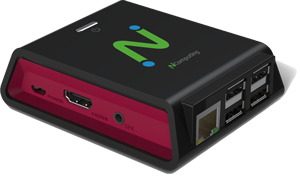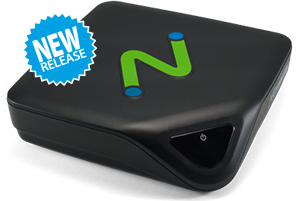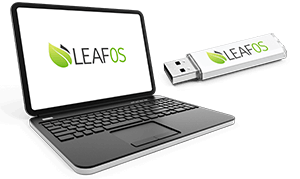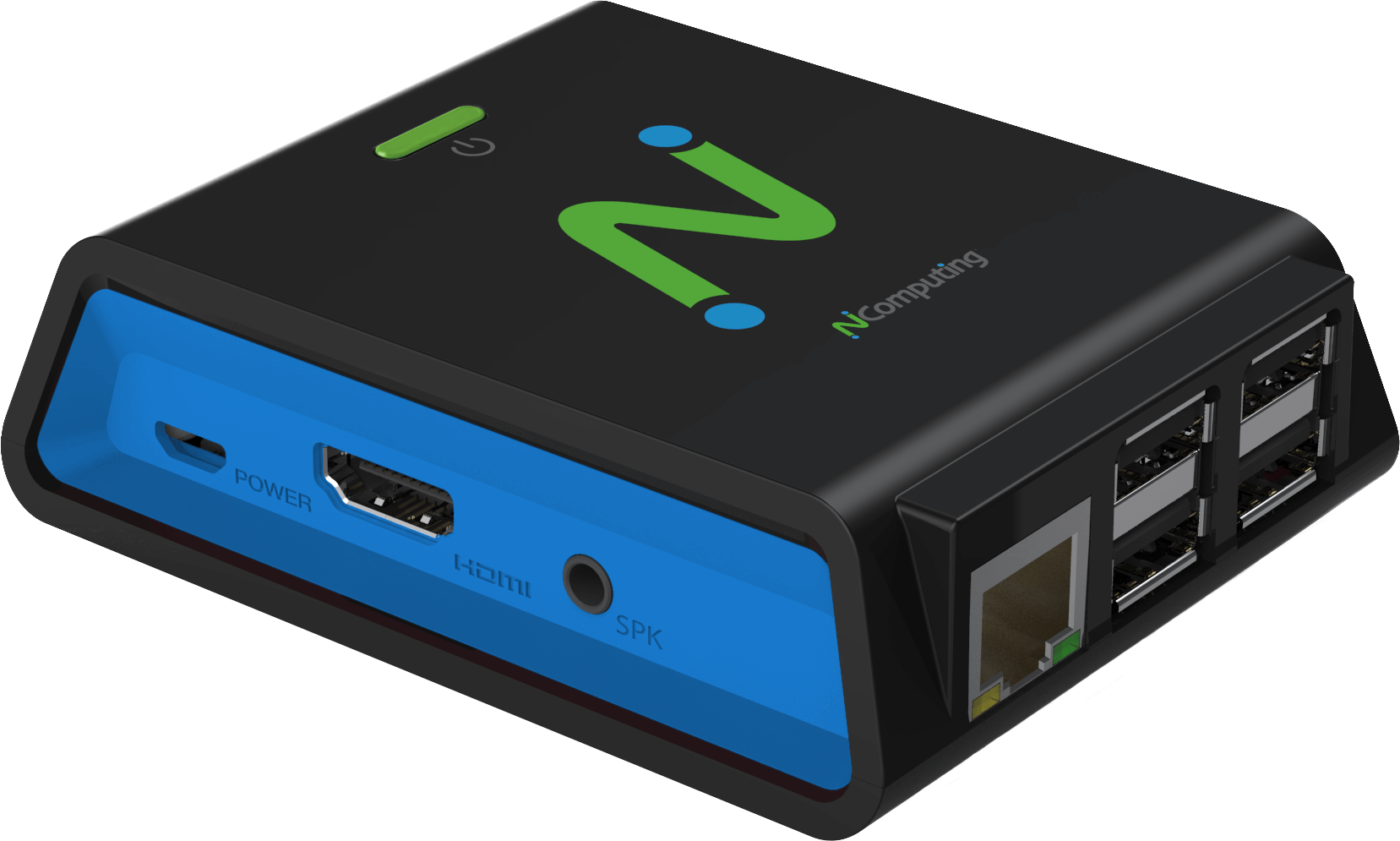Global conference on Iraq stays connected with low-cost computing for government
When officials from Middle Eastern countries came together for the second annual Neighboring Countries of Iraq Foreign Ministers meeting, conference organizers had to work fast to come up with a cost-effective way to provide convenient, reliable computer access throughout the convention hall.

Delegates at the Iraq Foreign Ministers Conference.
High stakes
The multinational conference, which took place at the Ciragan Palas Kempinski Hotel in Istanbul, Turkey, was a meeting ground for leading officials and delegates of the countries that surround Iraq. Among the prominent attendees were representatives of Iran, Kuwait, Saudi Arabia, Egypt, and Syria as well as members of the United Nations Security Council, and representatives from the United States, France, England, China, and Russia. Delegates convened to share critical viewpoints on current developments in Iraq and to discuss ways to control Iraq’s borders, reduce violence, and help stabilize the country.
Constantly on the move throughout the convention area, delegates and over 400 members of the press needed computer access for writing articles, putting finishing touches on presentations, and corresponding with each other and their home offices.
Conference organizers scrambled to find a quick, easy, and efficient way to place computer access points in the press center, lobby, and main operations area of the conference. The network had to be assembled and dismantled in a matter of days. Organizers considered individual laptops and PCs, but realized they would be too costly, as well as a hassle to set up and maintain for a temporary venue. With so many important people converging in one place, organizers needed a solution that was not only affordable, but reliable and secure.
Quick and easy
The perfect solution presented itself in the NComputing L-series, which works on the principle that computers today are so powerful that they use only a fraction of their capacity. The L-series taps this unused power and makes it available to multiple users. NComputing desktop virtualization software and L-series access devices reduce the acquisition, integration, maintenance, and energy costs of computing.
With the L-series, up to 30 users can connect to a single shared PC running typical office productivity applications. Each user still has their own monitor, keyboard and mouse. However, instead of connecting directly to a PC, these peripherals connect to a small NComputing access device.
The access devices use sophisticated virtualization software and a powerful communications protocol to connect over Ethernet to the shared computer. The solution delivers excellent performance as if the users were sitting in front their own dedicated PCs. The L-series access devices also provide a USB port, which journalists at the event used to upload digital photos to send with their stories.
Conference organizers hired NComputing partner Dojop Technologies to supply and set up all of the computers and L-series workstations. Istanbul-based Dojop installed one main computer in the press area connected to 30 access devices. In the operations center, they used two PCs supporting 20 users, and in the lobby, one PC supporting 10 workstations. The entire setup was ready to use when conference attendees arrived.
Flawless performance
“This would have been a major headache to pull off using individual PCs,” says Mustafa Canoglu, president of Dojop. “In order for us to setup and maintain individual computers, we would have needed several more workers and it would have cost the client a lot more money. NComputing is the best possible solution for this type of venue because it is so economical and easy to use.”
In just one day, Dojop technicians were able to set up 60 computer access points throughout the convention center—a fraction of the time it would have taken them to set up 60 individual PCs. The system proved itself to be highly reliable and worked continually without a problem through the entire event. The ultrasmall access devices also fit conveniently on the long rectangular desks at the conference. In contrast, individual PCs would have been large, bulky, noisy, and hot.
The solution saved money in other ways too. The highly energy-efficient NComputing devices have very low power requirements—about 5 watts per user—compared to 110 watts for a typical PC. And because the entire 60-seat setup required only three computers, support costs were next to nothing. The solid-state NComputing devices themselves require little or no maintenance.
“This was a world event,” says Canoglu. “It had to be flawless and it was. Thanks to NComputing, we were able to get everything prepared quickly. Dismantling was equally as easy. NComputing was the perfect solution, and the customer was very pleased. By using NComputing solutions, we were able to lower the total IT costs of the event by 80 percent and still provide users with full computer access.”



-menu.png)


